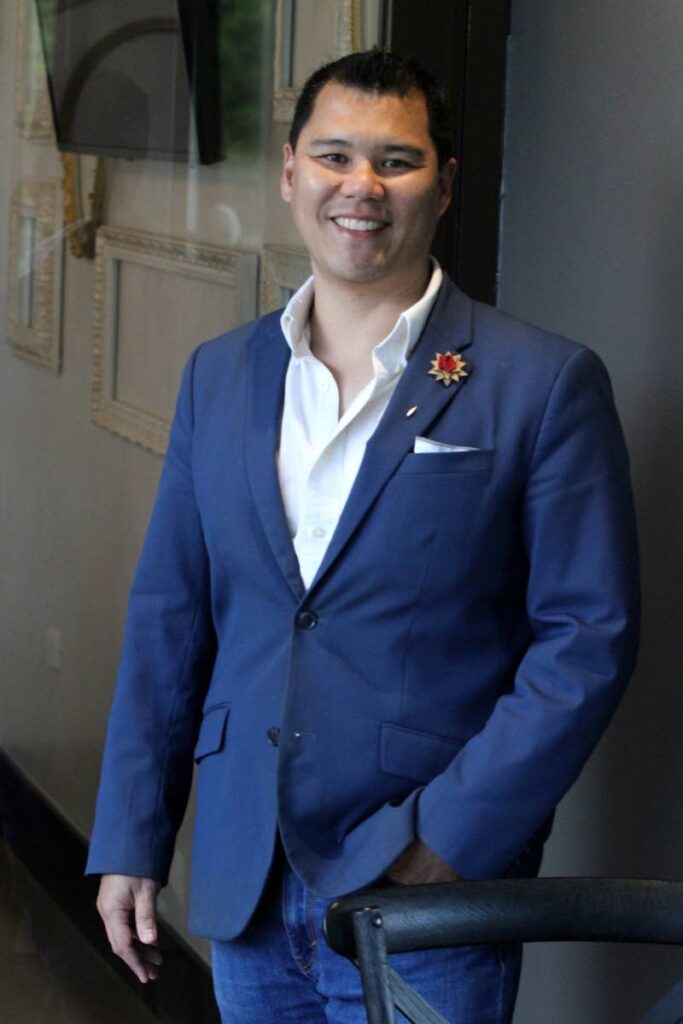Incus Services Ltd, the company that adapted to change

Automating and monetising data is no easy task. Seeing this is a global issue, Incus Services Ltd is offering companies ways to easily achieve both automating and monetising of data as well as offer consultations with the companies on how to cater to their current market and attract a new wider one in order to develop and earn more income.
For the average person automating and monetising may seem like gibberish, but automating data simply means to let technology do its job with minimal input from a human. For example, instead of having someone sit and manually type personal information one by one for everyone in a company, the software would be able to compile all that information into one file.
As for monetising data, all this suggests is that the company will benefit financially from automating its data. Monetising data can also come in external or direct methods for example, when a company shares, sells, offers information on products and services or barters information with its business partners they can get paid. Companies like Meta formerly known as Facebook is known for selling information like this to advertisers hence the targeted ads after a Google Search. The idea to make it easier for companies to automate and monetise their information came from Incus Services Ltd director Leslie Lee Fook.
Lee Fook, 44, is a high school dropout, but his disinterest didn’t mean that he wasn’t an industrious and entrepreneurial person.
In 1999, he went to the UK with £1,000 to live with one of his aunts and after buying clothes to cater for the cold weather, he was left with £300 which was not enough to call home as much as he'd liked.
He said, “Since it was so expensive to call home constantly my younger brother, who's really the smart one in the family, talked me through building a computer over the phone, and I built my first computer and connected it to dial-up internet,” he said, “I got something called ICQ – an online instant-messaging platform that was created in 1996 by an Israeli company called Mirabilis – that allowed me to communicate back home affordably and that's how I actually started off in technology.”
One morning he was flipping through the paper when he came across a job description that read as if it was for an advertising agency.
“I called and I got an appointment an interview at the Plymouth Market, so I was expecting a big superstore like a Tesco, but when I got there, there were dead cows and dead pigs hanging. Upstairs though, was a cafeteria, so you get tea and everything. I went upstairs and sat down and they interviewed me there."
When he was being interviewed, he was asked, if he wanted to get to customers, where would he go, and how would he reach them.
“I told her through television or the newspaper. But she said no, we go to their houses.’”
Lee Fook pointed out that everyone on the interview panel was in business-wear. After the interview, they asked him if he would like to get the full experience. He said everyone pulled out a trifold booklet and were selling pizza cards door-to-door in a neighbourhood in Exeter, London.
“It sounds sketchy, but it is one of the most amazing jobs ever in my life.”
His career selling pizza coupons was short-lived as four days later, he was offered a job as the night administrative position at a subsidiary company of the BBC.
“While on the night shift, I get there after ten and I see this guy coming in, it’s the middle of winter and he always looking happy. He comes in, he goes into this little back room and he disappears for two or three minutes. When he comes back out, he’s gone 30 minutes.”
He continued and said, “So a night I stopped him and asked, ‘Paul, what do you do?’
He told me that he’s in IT and it was something I wanted to get into. He told me to do this course called MCSE and I’ll get paid 25 pounds an hour. At that time, we had Y2K happening and there was a huge boom in the UK for technology.”
After informing the company of his decision, Lee Fook was given a grant to pursue the course which he found baffling since it was approved in no time. He said after he got the grant and got his training, the former IT tech recommended him to take over after he left.
The history and development of Incus Services
After working in the UK for some time, Lee Fook came back to Trinidad and decided to further his education before heading back. While studying, he was asked to take over his acquaintance’s position at a law firm in the IT department in the early 2000s.
“There was this project that he called us and invited us to which was a project for Fujitsu and what that turned out to be was the pilot project for Fujitsu. So, my business partner, another person called Mark Patek and I did the pilot project for Fujitsu and I got them that multimillion dollar contract.”

He said his work in TT was much easier compared to what had to be done in the UK.
“I recognised that was a big gap in industry, just for basic stuff. So back then in 2003, 2004, big companies didn’t even have email. So that’s how my business partner and I got into infrastructure space.”
Infrastructure space refers to means of communication within a company, so Lee Fook and his business partner would offer companies telephone systems, firewalls, email servers and cybersecurity.
Lee Fook said Incus Services Ltd faced a major disruption in 2010 which led to a shift in services.
“When our partners who are the IBMs, the Googles, the Amazons, of the world started to change their business models and ultimately started to interact directly with our customers our value in the market was being cut out,” Lee Fook said, “Our partners were doing this and we didn't even recognise it.”
He added, “We were losing customers, business, and contracts that we had for years and we couldn't really figure out why. It wasn't the same sort of disruption that people are seeing today where we just woke up and the world changed, we were slowly being bled out.”
To understand why this was happening, Lee Fook got all his data for his company together, but found himself in "Excel hell."
Months went by and after doing his research he came across a platform called Tableau which provides a visual representation of a company’s information to help show where in its business model needed more attention.
“I downloaded it and threw some of my work in and looked at it for the first time. I just closed it off and went back to Excel. Months and months had gone by and we were still in the same position and still losing money.”
Like most people nowadays in a tough position with any task they’re working on, he went on YouTube and with the help of a step-by-step video figured out how to use Tableau and solve the issues within his company.
“In minutes, I realised what was happening, that it was our partners, it was this ‘Cloud’ thing that was coming and the trajectory would just wipe us out. So I went to my business partners and I said, ‘What we do today as a business is not going to exist in five years and if we don't do something now we're going to be in trouble. But this data thing, everybody's going to need it someday.’”
He was then given permission by his business partner to “pursue data.” Lee Fook said he had his first staff meeting where he explained that data was the future despite their business model at the time would become non-existent in five years. After that meeting he thought that he had successfully explained the future of the company, but was greeted with resignation letters from two of his “top guys.”
In order to bring along his partners with his idea of pursuing data, he said there had to be a lot of training sessions for its employees and the partners.
“Ultimately what I realised is that everybody had data, just nobody knew how to use it. Now if you look at covid19 there was a six- or seven-year digital transformation acceleration over the covid19 period alone. So everybody is now using more technology and creating more data, and nobody knows how to use it.”
Incus Solutions Ltd was then able to remain afloat and is operating remotely for companies worldwide.

Comments
"Incus Services Ltd, the company that adapted to change"